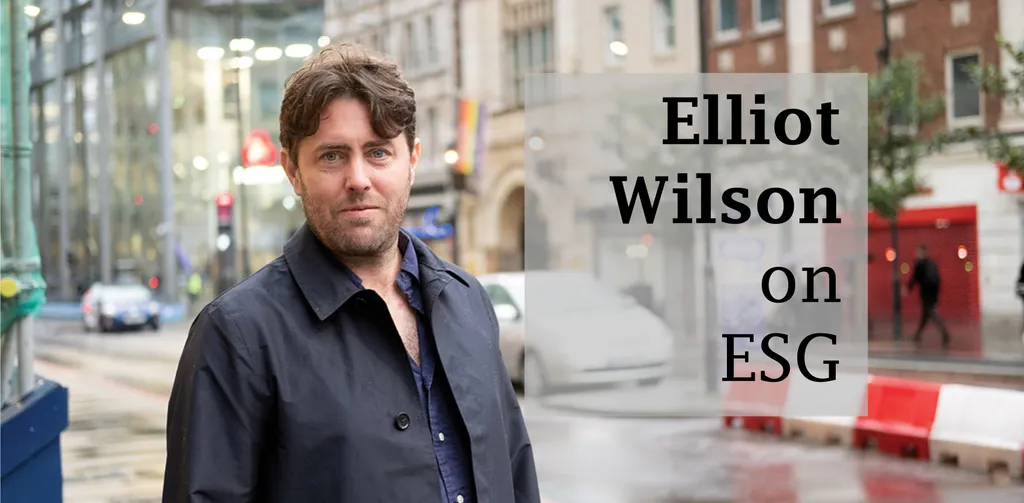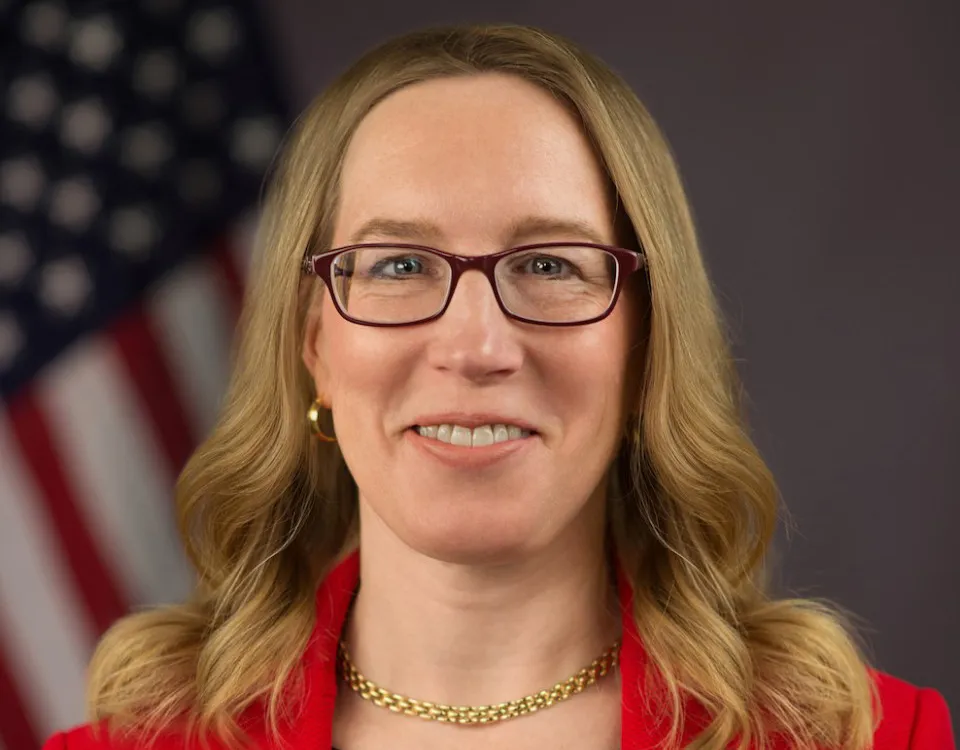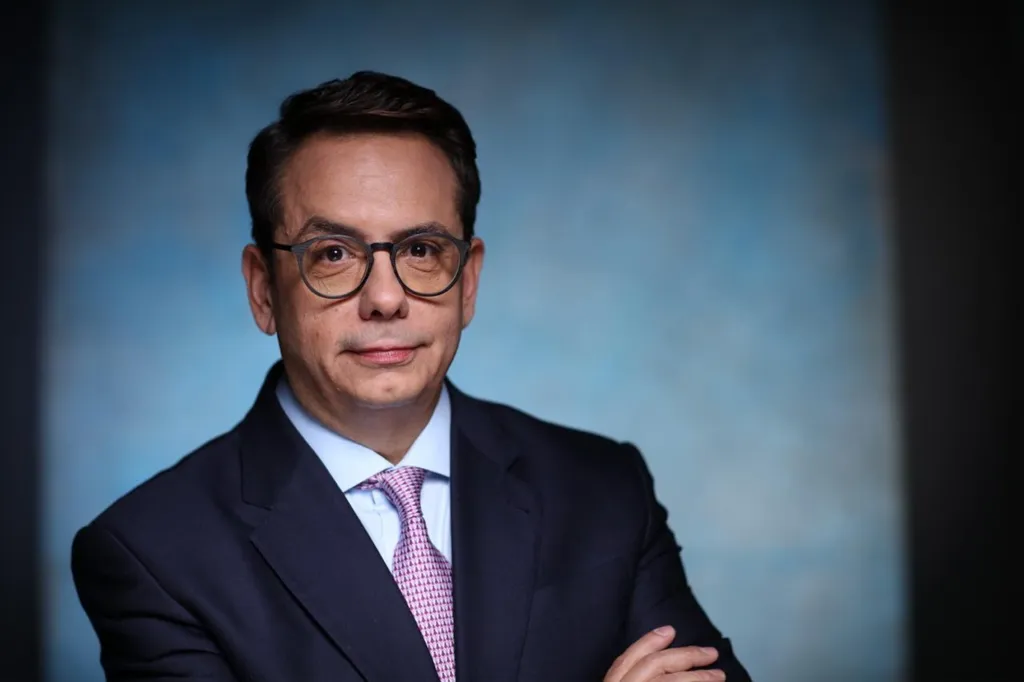Russia’s invasion of Ukraine woke the world up. The repercussions of president Vladimir Putin’s decision to attack a country that only he views as an enemy will reverberate for years.
Some of the effects we can see already, such as rising energy and food inflation. Others we can barely glimpse right now. Think of all of them as collateral damage: the consequences of an action significant enough to change the world as we know it.
Curiously, these can be both good and bad, and this is where ESG comes in.
Every year, banks, corporates and investors focus a little more on environmental, social and governance issues as they apply these non-financial factors to portfolios.
But its parameters and borders are still fuzzy. In 20 years’ time, ESG will be embedded in everything, just as technology is today.
That, though, is the future. For now, the framework is at the assembly stage. Numerous worthy bodies are helping to piece it together, from the Sustainability Accounting Standards Board to the Task Force on Climate-Related Financial Disclosures.
Putin’s bloody aggression has revealed glaring fissures in the world of ESG
Even then, what they do has been upended by the events of the last fortnight. Putin’s bloody aggression has revealed glaring fissures in the world of ESG.
Investors proud of their ethics and governance have been forced into action. The Church of England cut all Russia investments from its portfolio. Abrdn chief executive Stephen Bird called the country “non-investable” on ethical grounds and set out to exit £5 billion in related assets.
After some deliberation, Norway said its $1.3 trillion sovereign wealth fund would divest from Russia entirely.
This is surely just the start. A reckoning is underway, in terms of how we define ESG and then impose those rules and norms on the world around us.
Attractive ESG
Sustainable funds have relatively low historical exposure to Russia. Not, as Morningstar analyst Jon Hale wrote on March 3, due to any antipathy toward Putin, but because “few public companies [there] are attractive ESG investments”.
Hale reckons 57% of Russian firms covered by Morningstar division Sustainalytics have ESG risk assessments of ‘high’ or ‘severe’. Yet even so, it reckons 14% of sustainable investment funds are directly exposed to the market, via positions in the likes of Gazprom and Lukoil.
Which begs the question: where does ESG begin and end? Russia’s bellicosity is a threat to us all. To exit onshore assets right now is simply the right and ethical thing to do.
But where is the line drawn tomorrow or a year from today? If Russian forces leave Ukraine and Putin admits culpability for his actions, do investors re-engage, or perhaps wait until the big corporates clean up their environmental act?
What of investing in countries with glaring ESG issues? You can argue that China, with its endemic pollution, alleged abuse of ethnic Uyghurs in the autonomous region of Xinjiang, and top-down distrust of transparency, ticks none of those boxes.
In the run-up to the Ukraine invasion, president Xi Jinping said China’s friendship with Russia had “no limits”.
Yet no ESG investor in their right mind would steer clear of investing in Asia’s largest economy. Eyeing leadership in this space – and spooked by the threat to social order presented by extreme climate change – China has emerged as an eager and active rule-setter, and its banks and big corporates as leading issuers of green securities.
S&P Global Ratings reckons Chinese entities accounted for 60% of all emerging-market sustainable bond issuance in 2021. In a comment piece published February 7, the ratings firm said the onshore market would continue to benefit from supportive monetary policy and “government initiatives to widen the investor base”.
Case in point: in November 2021, the People’s Bank of China set out plans to boost green lending via an initiative that caps the interest rate at 1.75% on designated financing that supports investments in firms that cut carbon emissions.
Where else ought industry parameters be drawn? Should ESG-labelled funds be allowed to buy shares in firms that, say, churn out fossil fuels, manufacture tobacco, or assemble and export conventional weapons? Many do.
China finance
These questions weren’t uppermost in my mind when I spoke to Ma Jun, chair of the China Green Finance Committee. The interview with China’s clarion voice on sustainability took place before Russia invaded Ukraine.

But I was keen to know what he thought of the state of play in ESG: notably are banks, regulators, corporates and investors educating themselves properly about the manifold challenges ahead?
The conversation started with China. Its proliferation of regulators has implemented dozens of pieces of legislation in recent years that subject banks, listed firms and issuers of green securities to increasingly stringent environmental information disclosure.
Yet despite being home to around 4,000 banks, ranging from enormous state lenders to local rural cooperatives, Ma reckons just 31 “are at all familiar with the green system of finance. We need to really spread knowledge to a very large part of the financial system.”
The challenge straddles the financial and economic spectrum, he added, noting: “China has tens of millions of [small- and medium-sized enterprises] that need to be educated over the course of many years.”
Every bank needs to have hundreds of people who are familiar with the green system of finance, and most do not
Ma Jun, China Green Finance Committee
Yet, asked if the financial talent gap in ESG was restricted to China, or was omnipresent, he replied: “It is everywhere. Of course, OECD countries are better regulated as it all started there. In China, we have five, six years of experience in building a green financial system.
“But there’s a massive talent gap within the financial system, within the corporate sector, on how to implement ESG-related principles and ideas. Every bank needs to have hundreds of people who are familiar with the green system of finance, and most do not.”
Future consequences
And so, we circle back to the start. No one fleeing Russian shelling in the Ukraine cities of Kharkiv or Kyiv will be thinking about ESG.
But Putin’s unilateral decision to try to bomb a democratic, independent nation state is already having consequences.
Funds are dumping Russia assets for ethical reasons. That in turn is shining a harsh light on sustainability, as banks and investors ask pertinent questions, from what ESG really is, to how to adapt a still loosely defined set of factors to a changing world: one where the concept of ethics itself is fungible.
In 20 years, ESG will be embedded in everything. But what it looks like then will depend on the actions we take now, including training up talent and putting it to work in the right places.
If Putin’s atrocities achieve anything good at all, it will be to ensure we get that right.




